Oilseeds market off to a weak start this week
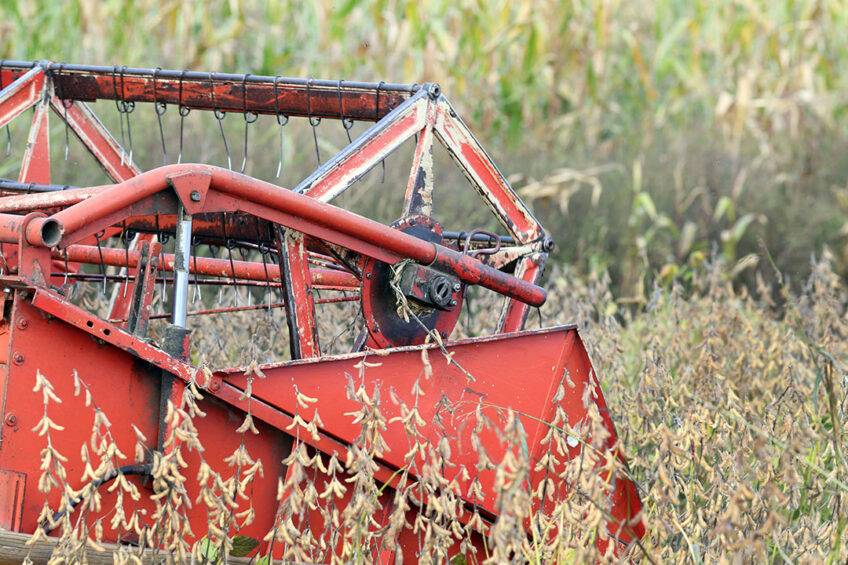
Prices are under considerable pressure. This applies to soybeans and in its wake, also to rapeseed.
The most significant rapeseed contract, May delivery on the Paris futures market, fell 1.4% to € 432.00 per tonne on Monday. This price drop is comparable to that of soy on the Chicago futures market. Soybeans delivered in March were only trading above € 400 per tonne on Monday. Faced with the price level of soya already almost 10% lower than at the end of 2023.
Quick start to Brazil’s soybean harvest, putting pressure on prices
The falling prices for oilseeds are currently becoming problematic due to price-pressing factors in the soybean market. A quick start to the new soybean harvest in Brazil is one of them. The harvest is getting off to a faster start than normal. In addition, there are reports that soy exports from the United States are slower than expected.
A slightly lower price level is also expected in the future. This is in turn related to the expectation that Ukraine will grow more soybeans this year. Compared to last year, an expansion of 10% to approximately 2 million hectares is expected.
The European Union gets most of its soybeans from the United States and Brazil. Ukraine ranks as 3 of the largest suppliers this year, making it slightly larger than Canada. The total EU soybean imports this year are about 4% larger than a year ago, with more soy mainly coming from the US.
EU rapeseed imports significantly lower
When it comes to rapeseed, Ukraine is way at the top of the import list from third countries. Imports this season is much smaller than last year. So far, EU imports of rapeseed remain at 3.1 million tonnes, while almost 30% more was imported in the same period a year ago. A huge expansion of the area of rapeseed in the EU in 2023 is partly responsible for this. In that respect, next season could be different. There are estimates that the rapeseed area will be half a million hectares smaller in 2024 than last year. This is the result of much lower prices and poor conditions during the sowing period.
 Beheer
Beheer

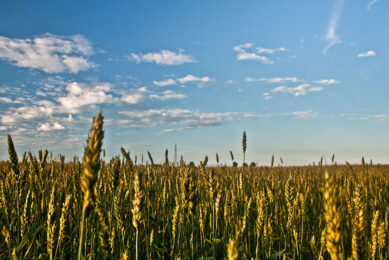
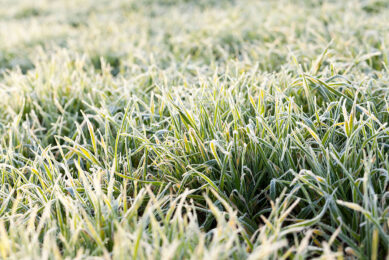
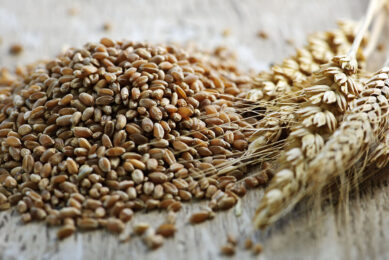
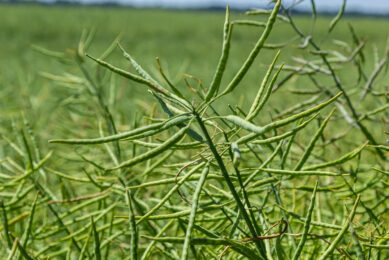




 WP Admin
WP Admin  Bewerk bericht
Bewerk bericht